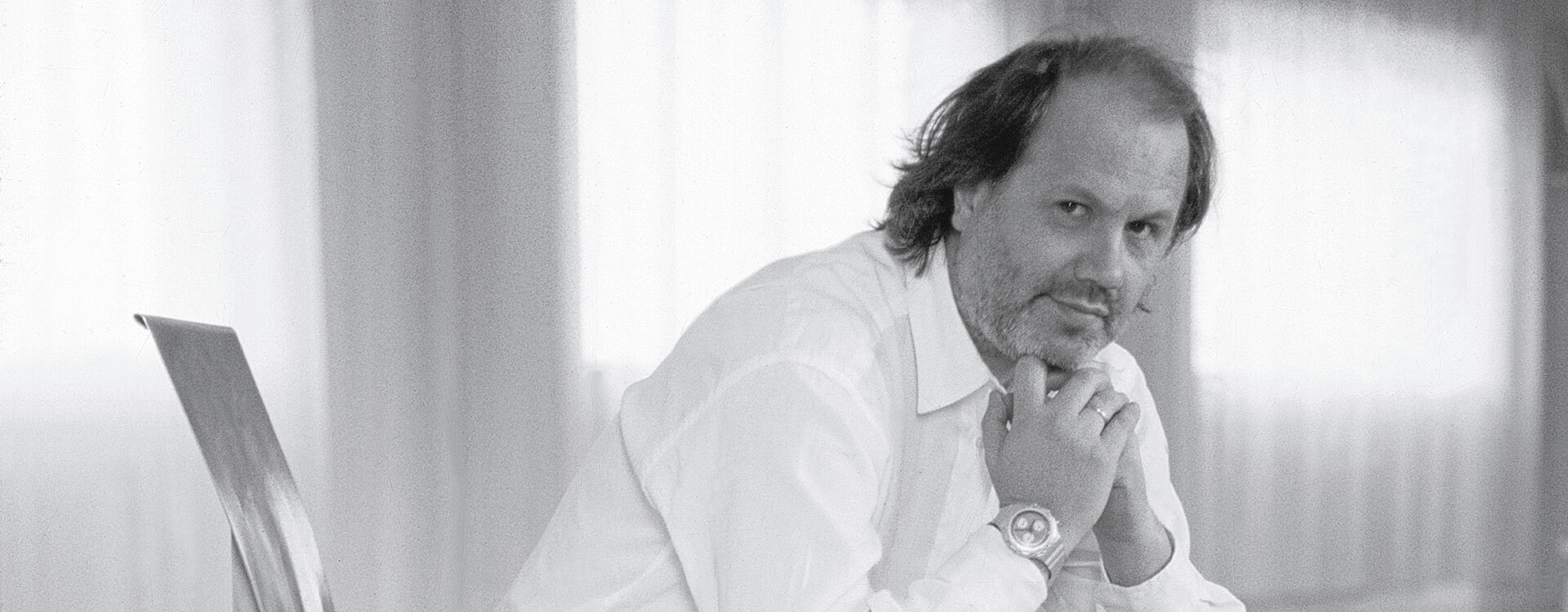aldo cibic
«The actions of people determine the identity of things and spaces».Aldo Cibic (Schio, 1955) is an Italian designer.
A unique and varied career path led to establishing himself as a designer. At 24 he was already working as an associate in the studio of Ettore Sottsass, along with Michele De Lucchi, Matteo Thun and Marco Zanini. Two years later, in 1980, Aldo Cibic became a partner in the studio and, along with Sottsass, became a founding member of Memphis, the design and architecture collective active until 1987, established “to free ourselves from the conformity and mediocrity that pervade daily life”.
Deemed “apparently the most unpretentious, strongest and most reckless of them all” by Andrea Branzi, from the very beginning Aldo Cibic immediately unfurled his strength as an innovator.
In 1989 Cibic & Partners was formed to develop design projects for interiors and architectural projects in Italy and abroad.
Since the earliest days Aldo Cibic has juxtaposed his design activities with meta-design observations and research that he also developed at design and architecture schools, beginning with “The Solid Side” in collaboration with Philips Corporate Design at the Domus Academy in the early 1990s and culminating in “Microrealities” at the Biennale di Venezia.
Sustainability is the central theme around which Aldo Cibic's research journey has unfolded and (since the early 1990's) is interpreted, not only in terms of physical and environmental but also cultural and social sustainability, paving the way for a new concept known as “design services”.
The inquiry into design, which currently takes place at Cibicworkshop, observes the built environment, but from a different point of view and a different scale. One that places the individual at the center, with his/her complex system of relationships, ability to imagine and invent, discover new things and take advantage of the opportunities presented by change. Up to and including rethinking the idea of happiness itself. “Rethinking Happiness”, as the subtitle of his recent book states: “Do unto others as you would have them do unto you. New realities for changing lifestyles”.

